Intent
Children will:
Implementation
At Saint Ambrose, we are HISTORIANS:
EYFS
The Early Years Foundation Stage Curriculum supports children's understanding of History through the planning and teaching of 'Understanding the World'. This aspect is about how children find out about past and present events in their own lives, their families and other people they know. Children are encouraged to develop a sense of change over time and are given opportunities to differentiate between past and present by observing routines throughout the day, growing plants, observing the passing of seasons and time and looking at photographs of their life and of others. Practitioners encourage investigative behaviour and raise questions such as, 'What do you think?', 'Tell me more about?', 'What will happen if..?', 'What else could we try?', 'What could it be used for?' and 'How might it work?' Use of language relating to time is used in daily routines and conversations with children for example, 'yesterday', 'old', 'past', 'now' and 'then'.
Impact
The impact of this curriculum design will lead to at least good progress over time across key stages relative to a child's individual starting point and their progression of skills. Children will therefore be expected to leave Saint Ambrose reaching at least age-related expectations for History. Our Historical curriculum will also lead pupils to be enthusiastic history learners, evidenced in a range of ways, including pupil voice and their work.
Subject Documents
What our children say about History
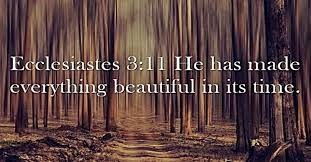
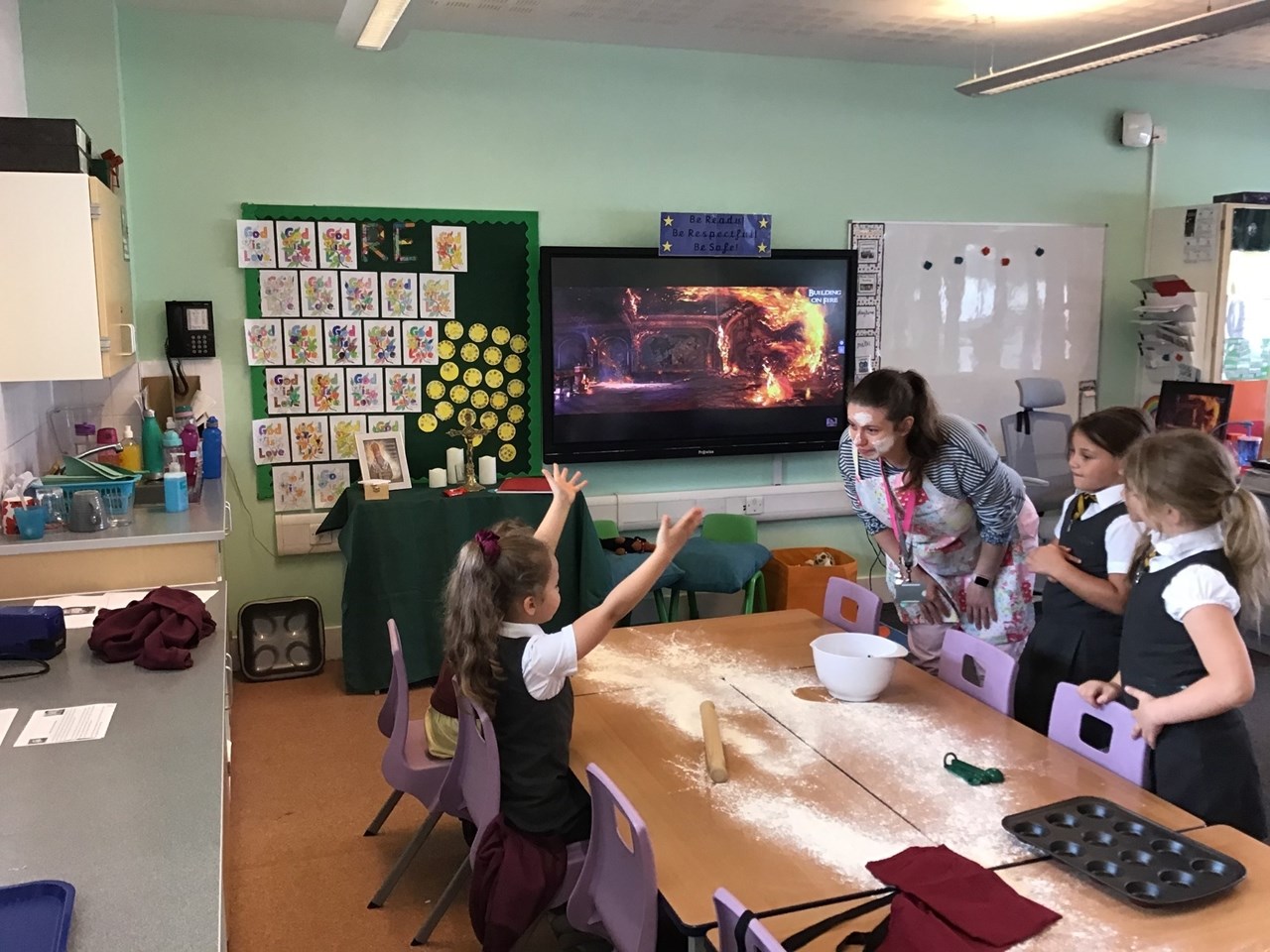
Year 2 enjoy a Topic day where they travel back to 17th Century London where they focused upon how the Great Fire of London started.
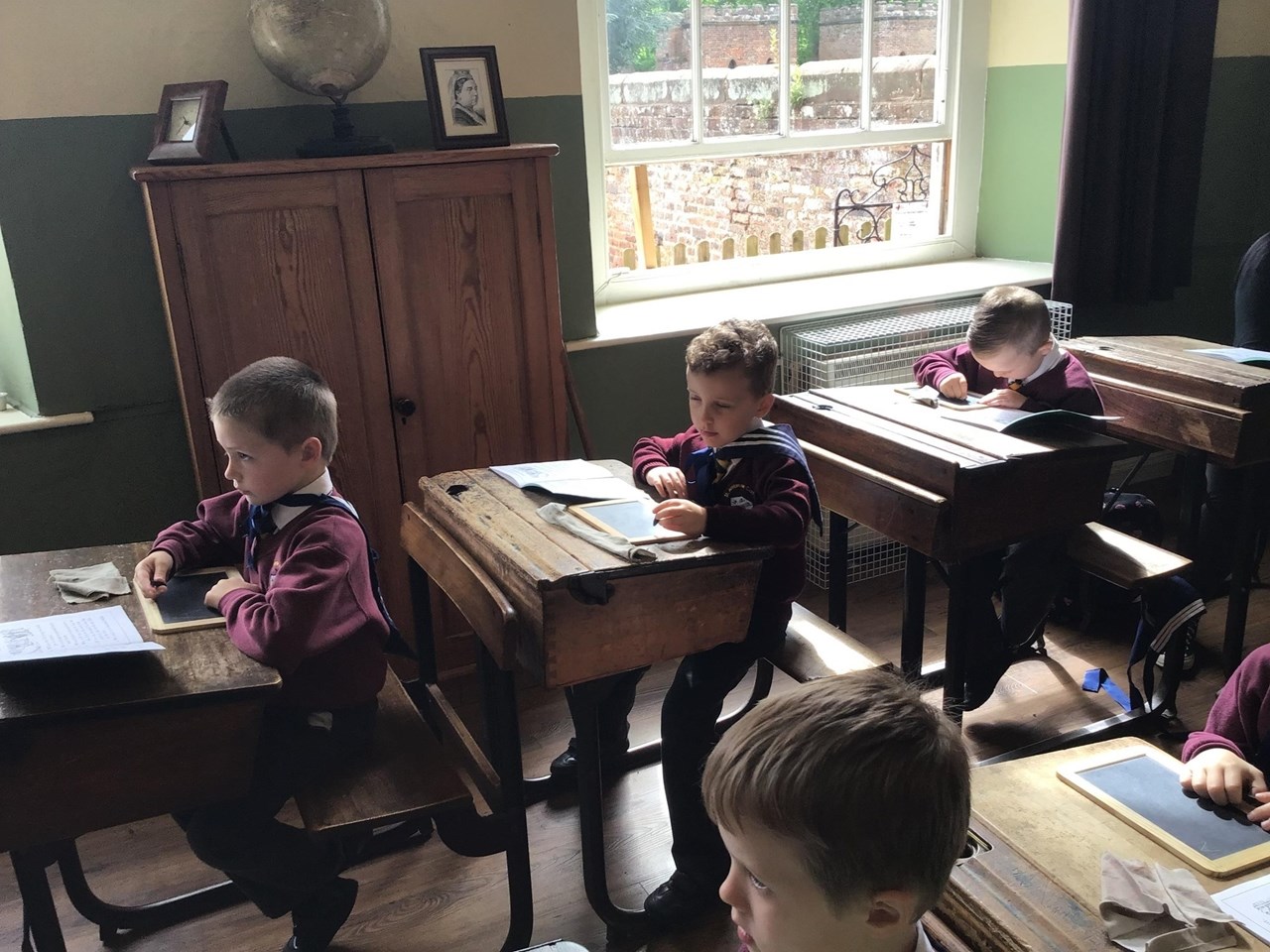
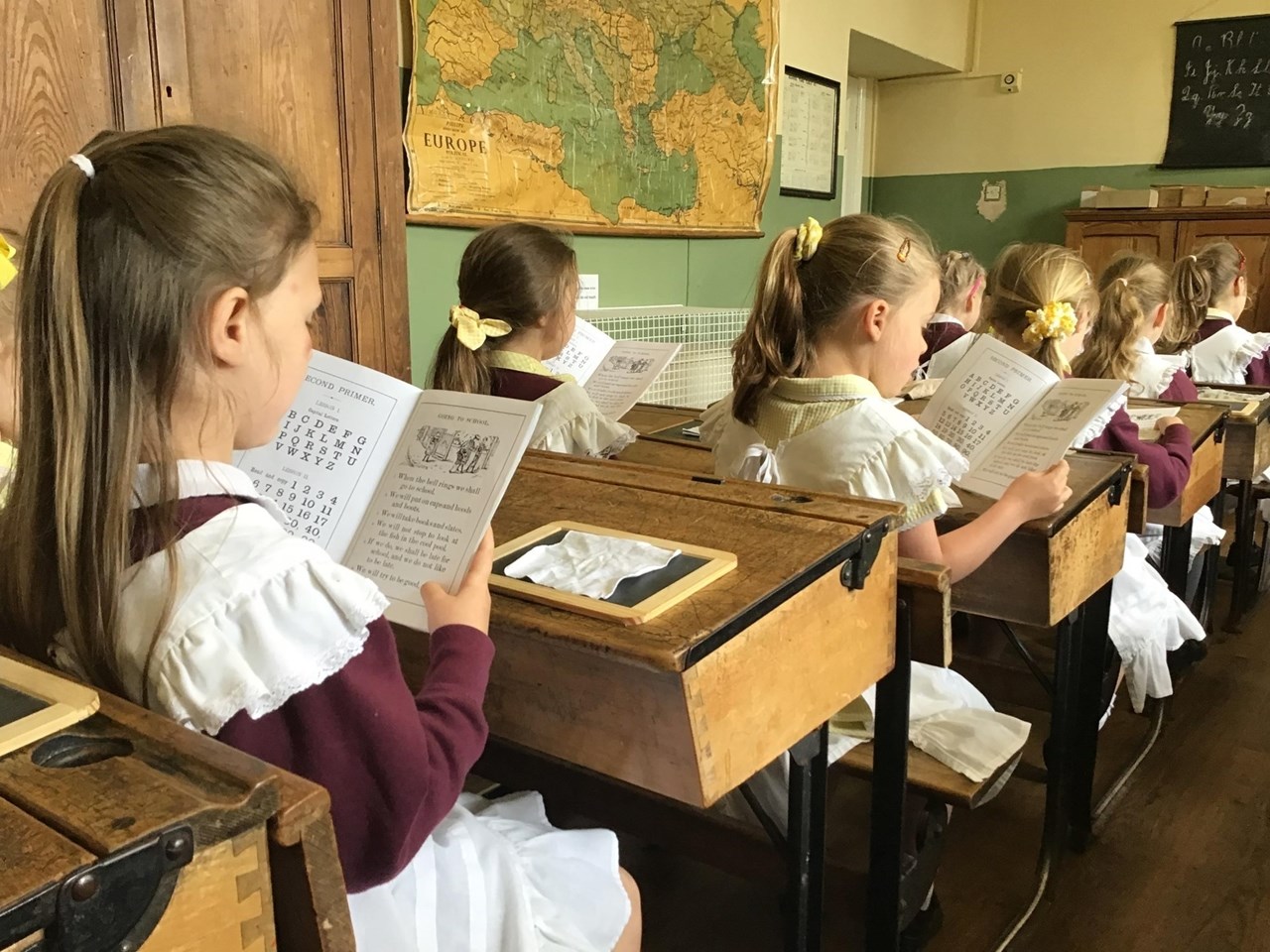
Year 1 take a step back in History to find themselves inside of a Victorian classroom. At the Hartlebury Museum, children enjoyed a range of Victorian lessons as well as Victorian games during break time.
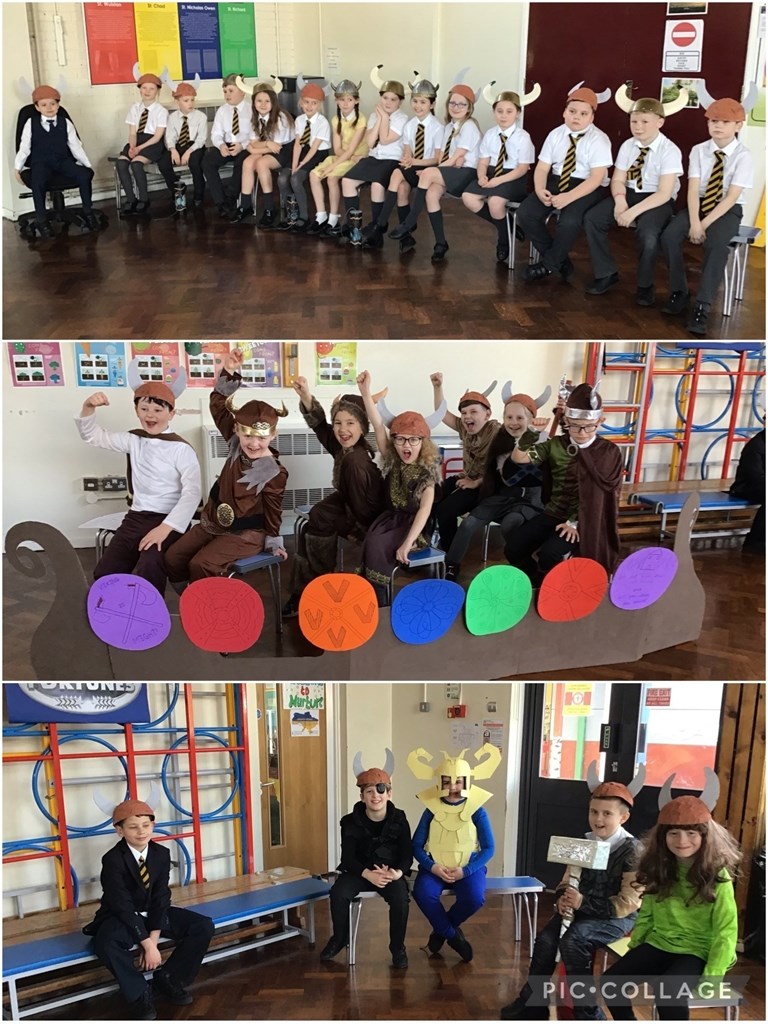
Year 4 show off all of their fantastic knowledge of the Vikings in their class assembly. Did you know that Vikings didn't actual wear hats with horns on them?